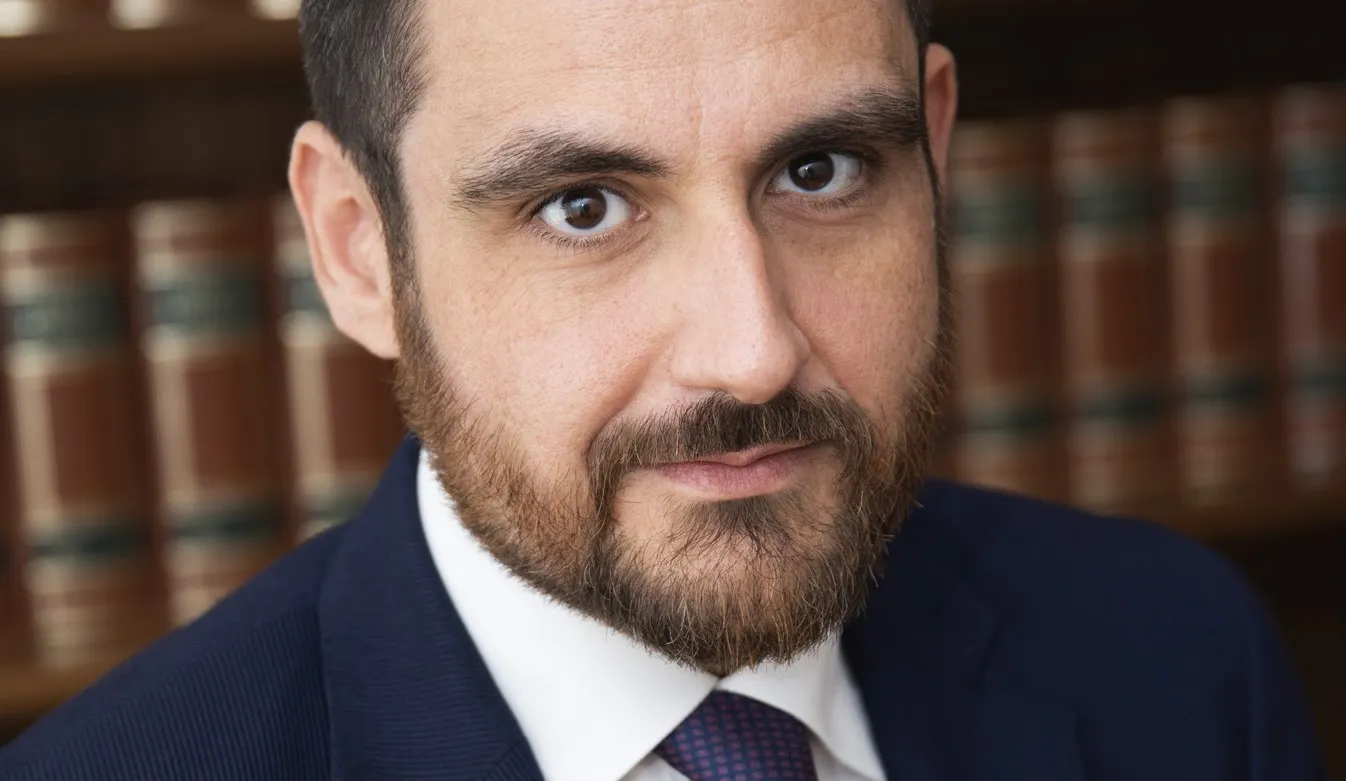
Unicorns' dark side
Unicorns - late-stage startups valued at more than $1 billion - along with decacorns (exceeding $10 billion) like the UK fintech company Revolut and hectacorns (surpassing $100 billion) like the Chinese giant ByteDance that owns TikTok, have dramatically changed the Venture Capital (VC) scene in the last decade. Due to instances of corporate wrongdoing, several high-value private companies named after mythological beasts have come under increased scrutiny, prompting a closer investigation of the criminological implications that such scandals may have.
Theranos, a once-promising healthcare unicorn that claimed to have invented groundbreaking blood-testing technology, is a notable example. When the accuracy and reliability of its test results were called into question, Theranos became embroiled in fraud allegations. Elizabeth Holmes, the company's founder and CEO, and former president Ramesh "Sunny" Balwani were both charged with several offenses, including conspiracy and wire fraud, and sentenced to lengthy prison terms.
Accusations leveled against various digital companies often involve charges of overpromising or dishonesty, establishing them as paradigms of the (catchy, and still elusive) notion of "white-collar crime", a term coined in the late 1930s by US sociologist Edwin H. Sutherland. These high-profile incidents necessitate a stringent legal response to maintain compliance and openness, especially in the realm of high-value startups.
To handle the said problems, several scholars advocate a blended strategy that includes extending regulation designed for public companies to major private corporations, broadening whistleblowing laws, encouraging trading incentives for investor vigilance, and enforcing anti-fraud rules. These techniques can be analyzed using white-collar crime lenses to better assess their potential usefulness in the criminal law field.
Unicorns' wrongdoing requires, furthermore, a grasp of the larger context. In recent years, the VC climate has encouraged taking risks, while the secretive nature of private companies has created an environment that can lead to illegal activity. As interest in rapid innovation and disruptive technologies rises, it is critical to investigate the legal consequences of these corporate activities and their ramifications for investors and consumers.
Preventing misconduct needs, as seen, a variety of approaches, each addressing a distinct part of the issue. Although extending the regulatory framework for private enterprises is a possible answer, it nevertheless presents difficulties in achieving a balance between regulation and business freedoms. Even trading incentives may be insufficient if unicorns can simply avoid having their securities traded. Whistleblowing, while effective, is in turn dependent on anti-retaliation procedures and rewards, both of which have limitations. Finally, it is noteworthy how criminal law responses rely on law enforcement agencies receiving accurate information, which can be difficult to obtain due to these entities' inherent secrecy.
The rise of unicorns, decacorns, and hectocorns, as well as their related misbehavior, necessitates continued research, and we can better understand and prevent similar scandals by investigating examples like Theranos. As the global economic effect of unicorns grows, it is critical to prioritize compliance, transparency, and accountability. We can manage the complicated terrain of these multi-billion-dollar companies while limiting the risk of wrongdoing by taking a diversified approach to regulation and focusing on criminal law consequences. The future of such high-value entities in the corporate world is dependent on our capacity to learn from past mistakes, develop a strong legal framework, and properly harness their transformative potential. As we dive deeper into the sea of unicorns, we must remain alert to potential malfeasance and prioritize regulation in order to maintain stability and confidence in this fast-changing environment.